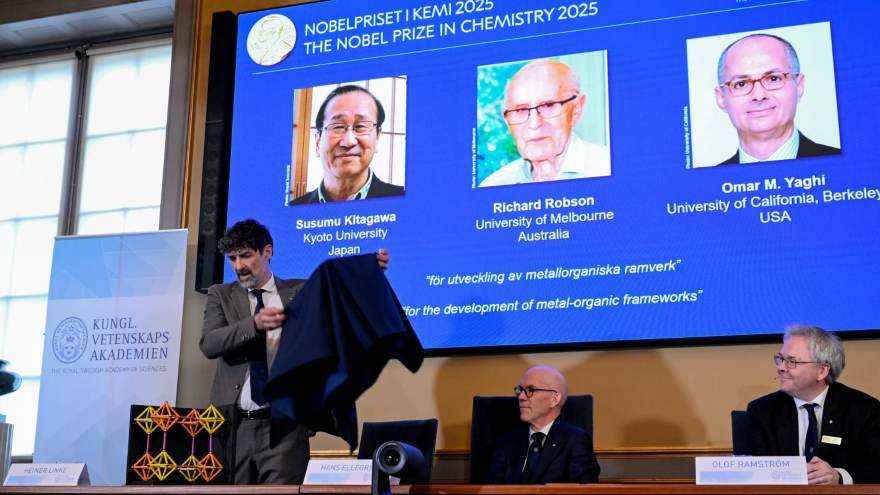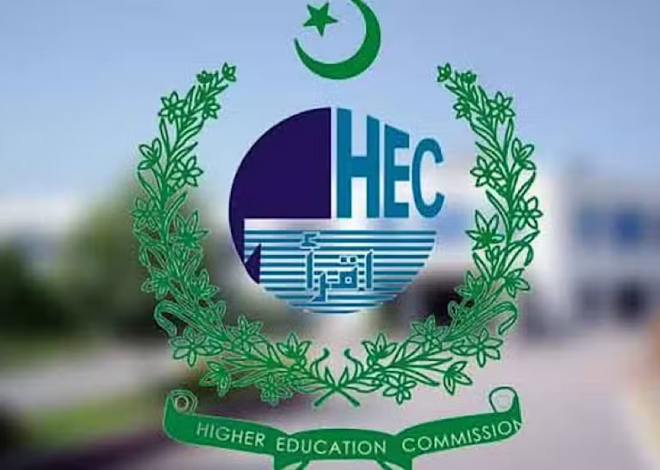
2025 Nobel Chemistry Prize Awarded for Revolutionary Molecular Architecture
Groundbreaking Discovery Recognized by Royal Swedish Academy
The 2025 Nobel Prize in Chemistry has been awarded to Scientists Susumu Kitagawa, Richard Robson, and Omar Yaghi for their pioneering work in developing innovative molecular architectures. Their research has created materials with extraordinary properties that offer potential solutions to global challenges including climate change and water scarcity.
Revolutionary Porous Materials Development
The three laureates focused on creating molecular constructions featuring extensive internal spaces that allow gases and chemicals to move through them. These advanced materials demonstrate remarkable capabilities in harvesting water from arid atmospheric conditions, capturing carbon dioxide emissions, and safely storing hazardous gases.
Extraordinary Surface Area Properties
The Royal Swedish Academy of Sciences highlighted the exceptional characteristics of these materials, noting that a small porous sample equivalent to a sugar cube contains surface area comparable to an entire football pitch. This extraordinary property enables the materials to function like magical storage containers, capable of holding vast quantities of substances within minimal physical space.
Practical Applications and Future Potential
The newly developed materials present significant opportunities for addressing contemporary global challenges. Their ability to capture and separate atmospheric components such as carbon dioxide, oxygen, and water vapor makes them valuable tools for environmental applications. When combined with renewable energy sources, these materials could revolutionize how society converts atmospheric resources into useful products.
International Collaboration Recognition
The prize recognizes the collaborative efforts of researchers from different continents. Susumu Kitagawa serves as a professor at Kyoto University in Japan, Richard Robson holds a position at the University of Melbourne in Australia, and Omar Yaghi works at the University of California, Berkeley in the United States. Their combined expertise has resulted in breakthrough advances in materials science.
Historical Context and Prize Details
This chemistry award represents the third Nobel Prize announced in 2025, following the medicine and physics prizes awarded earlier in the week. Established through the will of Swedish inventor Alfred Nobel, these prestigious awards have recognized outstanding achievements in science, literature, and peace since 1901. The chemistry prize includes an 11 million Swedish crowns monetary award, approximately equivalent to 1.2 million dollars.
Legacy of Chemical Innovation
The Nobel Committee emphasized how metal-organic frameworks developed by these scientists have opened new possibilities for chemists worldwide. These materials represent a significant advancement in the field, building upon more than a century of Nobel Prize tradition in chemistry that has previously recognized influential discoveries including nuclear fission, DNA sequencing techniques, and protein structure determination.







